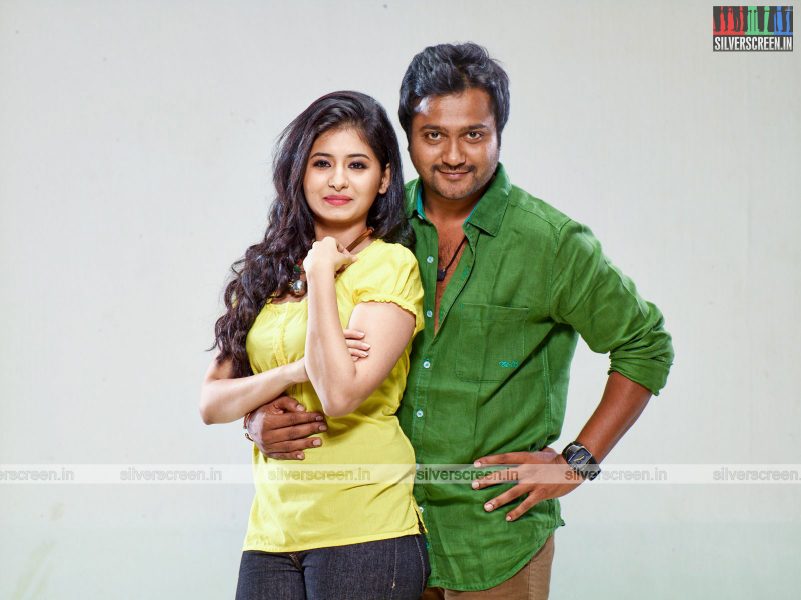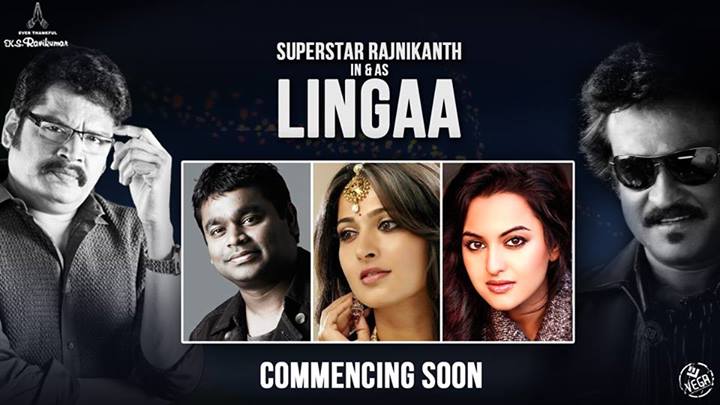The lockdown has seen Prakash Raj put to great use one of the many things he’s known for — his voice. Sitting in his farm in Shadnagar in Ranga Reddy district of Telangana, he’s worked on two interesting projects. For Storytel, a digital subscription service that streams audiobooks for mobile phones, Prakash Raj has read Anita Nair’s The Little Duck Girl, a story set in Kaikurussi that discusses identity in the backdrop of the Citizenship Amendment Act. He’s also narrating the Telugu and Tamizh versions of Discovery Channel’s much-feted documentary Wild Karnataka. The English original has narration by Sir David Attenborough. The film made by Amoghavarsha, Kalyan Varma, Sarath Champati and Vijay Mohan Raj has original score by Ricky Kej.
And then, a month into the lockdown when he was driving to pick up medicine for his mother, he saw a group of 43 migrants walking on the Bengaluru-Mumbai highway, and brought them to his farm till he managed to send them back to their respective homes. He’s also been working with various groups in Bengaluru and in Tamil Nadu to mitigate the suffering of those suddenly without work and no idea when they’ll reach home.
As Prakash says, this is a new journey. “It all began with Wild Karnataka. They even gave me a script. When I look at how wildlife documentaries have been narrated, for instance David Attenborough’s work in Our Planet, I see how he lends it life. India has so much richness when it comes to the wild, but the narrative kills it. We don’t narrate stories. I jumped at the chance that Wild Karnataka provided. After all this is familiar terrain. As a Save Tiger campaign ambassador, I’ve travelled across so many forests, especially Bandipur and Nagarhole in the Western Ghats. My Prakash Raj Foundation has worked with more than 30 villages on the fringes of the forest where there’s man-animal conflict. I’ve travelled there, lived there, met so many people involved with the forest — dwellers, officials, and those documenting wildlife, like Krupakar and Senani, who in 2010 won the Green Oscar for The Pack, a film on the dhole. And so, I wanted to bring in the wonder of all I saw into this story, when narrating it in two regional languages. I rewrote the script to bring in our native idioms. Nature is rich and so should be the language that is used to communicate its richness. Sentences should be pregnant with meaning. Imagine a forest… there’s a mother out there, there’s survival instinct, hunger, the search for water… all these intense emotions need to be transferred to you through the narration,” he says.
As he says in the promo of Anita’s The Little Duck Girl, Prakash Raj revels in the joy of discovery that reading provides, and the way in which it empowers readers. The 55-minute narration has come in for a lot of praise. “When you hear @prakashraaj read #TheLittleDuckGirl, you can see the village and its people come alive in front of your eyes…it’s not very often a writer feels that about her work after the story has been written,” Anita tweeted.
The story, about pastoral politics, about the question of identity and about the political atmosphere in the country and its effect on the common person, was something that piqued Prakash’s interest. “The CAA and NPR divided the country. And this is a story about us. I’m an activist and life has chiselled me. I’ve so much to say and this gave me a chance to say it. When Storytel approached me and told me I could do it the way I wanted, I signed up. I understand that a lot of people are used to listening to a story or narration that’s plain and without flourishes. I get that, but being an actor, I see how the narration can infuse a sense of the place and what’s happening; it can nudge you to imagine. And I often enter that space, because I read more and see less cinema.”
Reading or listening to a story, Prakash says, is a deeply personal experience. “If you read about a character walking on a dark street, you walk too. You enter a village, you see the greenery, you’re there in the story. You perceive the written word in your imagination, and it is different for everyone. When this offer came to me, I took it up, because it was a challenge to travel with the story. There are a lot of things against Mashe, or people like him in the country. But, I can’t judge. I have to be Mashe, surrender to the story and its flow. I cannot use my intellect or bring in the repercussions I know will follow into my voice,” he says.
The conversation swings between his two projects and the actor says that when he is part of such work, it allows him to channelise his feelings for the forest too. “My joy, my tears, the fascination for the forest and the life it holds…the draco (flying lizard), the frog, the cobra, the hunger of the snake, the mother cobra and what she goes through to guard her eggs… there is so much to speak about,” he says.
“I love non-fiction, I love narrating things that reflect life. In a way, these offers were like Iruvar and Kanjivaram for me. They empower the thought process, help us be better people. Should not all of us aspire for that in life?
Prakash draws parallels between what happens in The Little Duck Girl to Pushpa and to the plight of the migrant workers who hit the road once lockdown was declared, in a desperate attempt to reach home. “We have to cleanse ourselves, train ourselves to be more sensitive to the plight of others. This is a phase of so much unlearning and learning.”
Recommended
It helped that even before lockdown, Prakash had set up a recording room of sorts in his farm, because he wanted to record his autobiography Solladhadhum Unmai, so that it reaches more people. “I’ve spent this period reading a lot more, and you perceive something differently when you read it after a gap of some years. My understanding of the migrant issue too was one of evolution. I learnt with them. I could not let the 43 who eventually stayed with me on the farm walk all that distance. I heard their stories, cooked with them. They came from Puducherry, Bihar… Muthu, Raju, Bharath… they are all real people for me, not mere numbers. We were anyway helping feed others like them through Hasiru Dala in Bengaluru and Scope Enterprises in Kovalam, but there’s so much need. We sent off a family of five who wanted to walk to walk back; all they wanted was 5 kg of flour. They needed to know people were looking out for them,” he says.
This period also saw the actor, who has riled up the right wing no end, receive a most unexpected call. “We helped a person with money to get back to Uttar Pradesh. He called up and said, ‘I used to think you hated Hindus. Now, I know you don’t. I am a Pandit. I will pray for you once the temple opens in Ayodhya’. I did not know how to react,” laughs Prakash.



